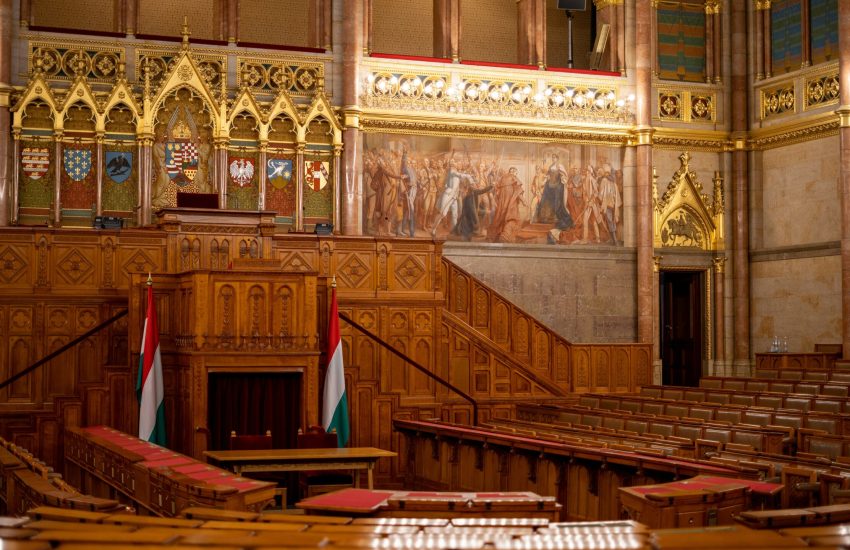According to the report Housing in the European Union: Market Evolution, Underlying Factors and Policies, published by the European Commission on Tuesday (15), Portugal’s real estate market ranks among the most inflated in the European Union.
The document indicates that property prices in the country are 35% above their real market value, making Portugal the only member state where overvaluation increased significantly in 2024.
The report cites tourism, the lack of new construction, and the impact of institutional investors as key factors driving up housing costs.
Tourism and Short-Term Rentals
According to the report, tourism is currently the main pressure factor on Portugal’s housing market. The expansion of short-term rental platforms such as Airbnb has reduced the availability of long-term rental housing, especially in tourist areas like Lisbon, Porto, and the Algarve.
“The increase in short-term rentals is closely linked to the rise in housing prices and rents,” concludes the Commission. Lisbon and Porto are emblematic examples of the so-called “touristification,” a phenomenon that also worries cities like Barcelona and Venice.
Historic Growth and Lack of Public Housing
Between 2014 and 2024, housing prices in the European Union rose by an average of 50%, but in countries like Portugal, Hungary, and Lithuania, the increase exceeded 200%.
The report highlights that Portugal has one of the lowest rates of public housing in Europe—just 2% of the total—according to the study State of the Nation and Public Policies 2025 by ISCTE. This structural shortage limits access to housing and worsens the crisis, particularly in high-demand urban areas.
Institutional Investment and Licensing Delays
Another critical point is the role of institutional investors—such as pension funds and insurers—who expanded their real estate portfolios during the low-interest-rate period. The report notes that these players “played an important role in the price appreciation of the last decade, particularly in European capitals.”
Bureaucracy in construction licensing is also seen as an obstacle. While countries like Lithuania take three weeks to issue permits, Portugal takes an average of 31 weeks. This delay, combined with labor shortages in the sector, limits housing supply and perpetuates rising prices.
Vacant Properties and Urban Pressure
Portugal is also among the EU countries with the highest number of vacant properties—about one in six homes is unoccupied. The concentration of these buildings in large cities worsens the housing shortage and puts additional pressure on prices.
The European Commission warns that the rehabilitation of empty buildings should be a priority in housing policy, complementing fiscal incentives and affordable rental programs.
Political Responses and Criticism
Housing has become a central issue in Portuguese politics. The government has announced measures to encourage construction and rentals, including a VAT reduction to 6% for projects up to €648,000 and rentals up to €2,300 per month.
Even so, the European Commission criticizes the slowness and inefficiency of the adopted measures, calling for tighter rent regulation and greater control over short-term accommodation. Street protests and popular discontent show that the problem is far from being resolved.









